Best AI tools for< Anomaly Detection >
20 - AI tool Sites
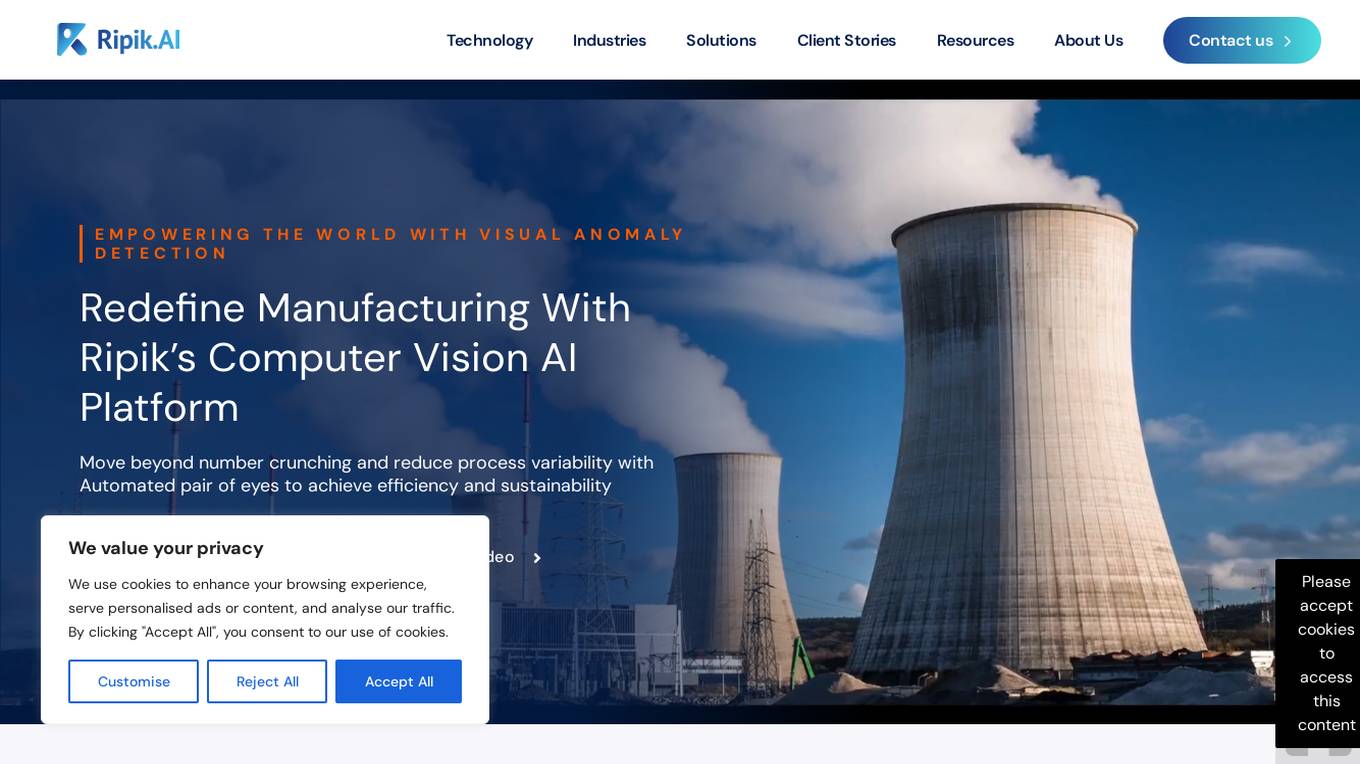
Ripik.ai
Ripik.ai is an applied AI company developing computer vision agents—an automated pair of eyes for industries like steel, cement, and chemicals. These AI-driven agents provide 24/7 monitoring with 95%+ accuracy, enabling real-time decision-making while eliminating human error and inefficiencies. Ripik's Computer Vision AI Platform offers solutions for material, process, and equipment monitoring, driving higher throughput, improved energy efficiency, and enhanced quality, delivering direct and measurable gains across industrial operations.

icetana AI
icetana AI is a self-learning AI tool designed for real-time event detection in security surveillance systems. It seamlessly connects to existing security cameras, learns normal patterns, and highlights unusual events without compromising privacy. The system continuously evolves to improve security team decision-making. icetana AI offers a suite of products for safety and security, analytics, forensics, license plate recognition, facial recognition, and automating security workflows. It is ideal for industries like mall management, education, guarding services, safe cities, and more.
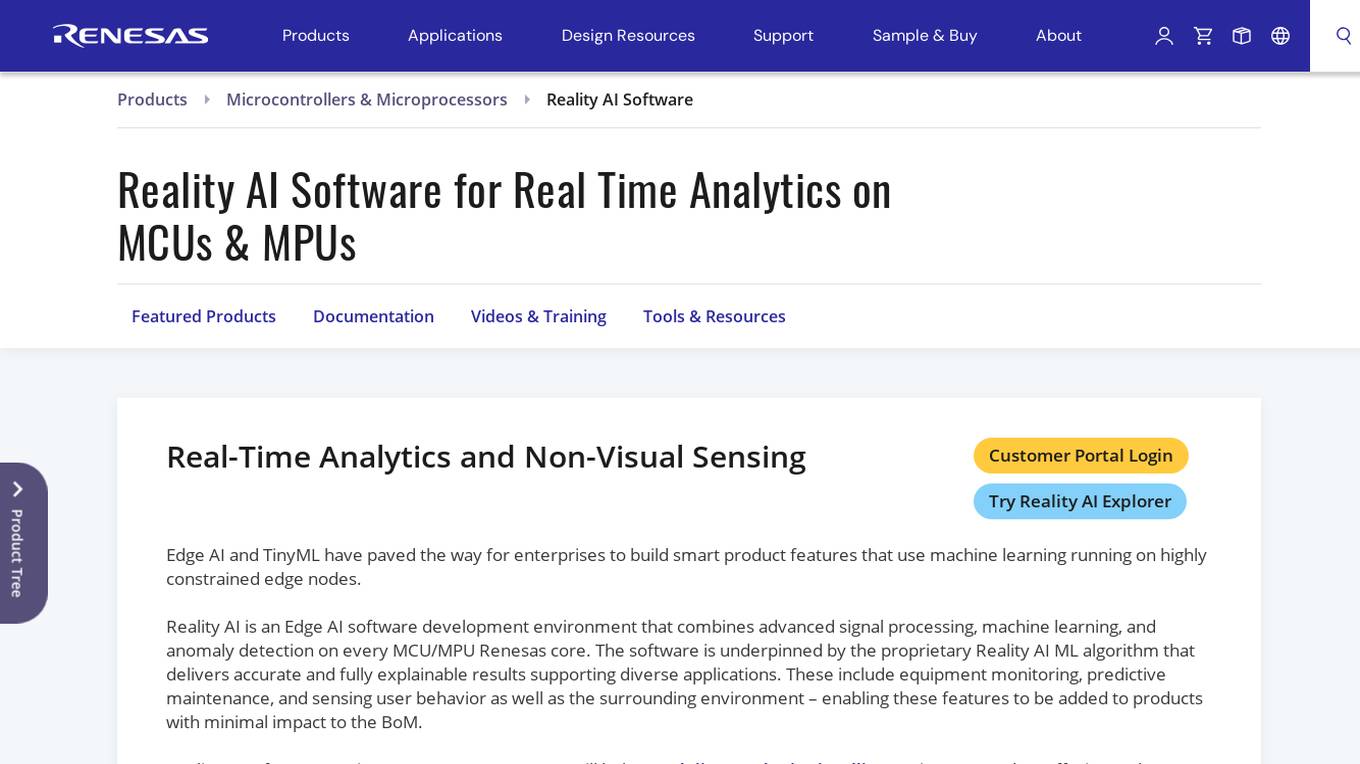
Reality AI Software
Reality AI Software is an Edge AI software development environment that combines advanced signal processing, machine learning, and anomaly detection on every MCU/MPU Renesas core. The software is underpinned by the proprietary Reality AI ML algorithm that delivers accurate and fully explainable results supporting diverse applications. It enables features like equipment monitoring, predictive maintenance, and sensing user behavior and the surrounding environment with minimal impact on the Bill of Materials (BoM). Reality AI software running on Renesas processors helps deliver endpoint intelligence in products across various markets.
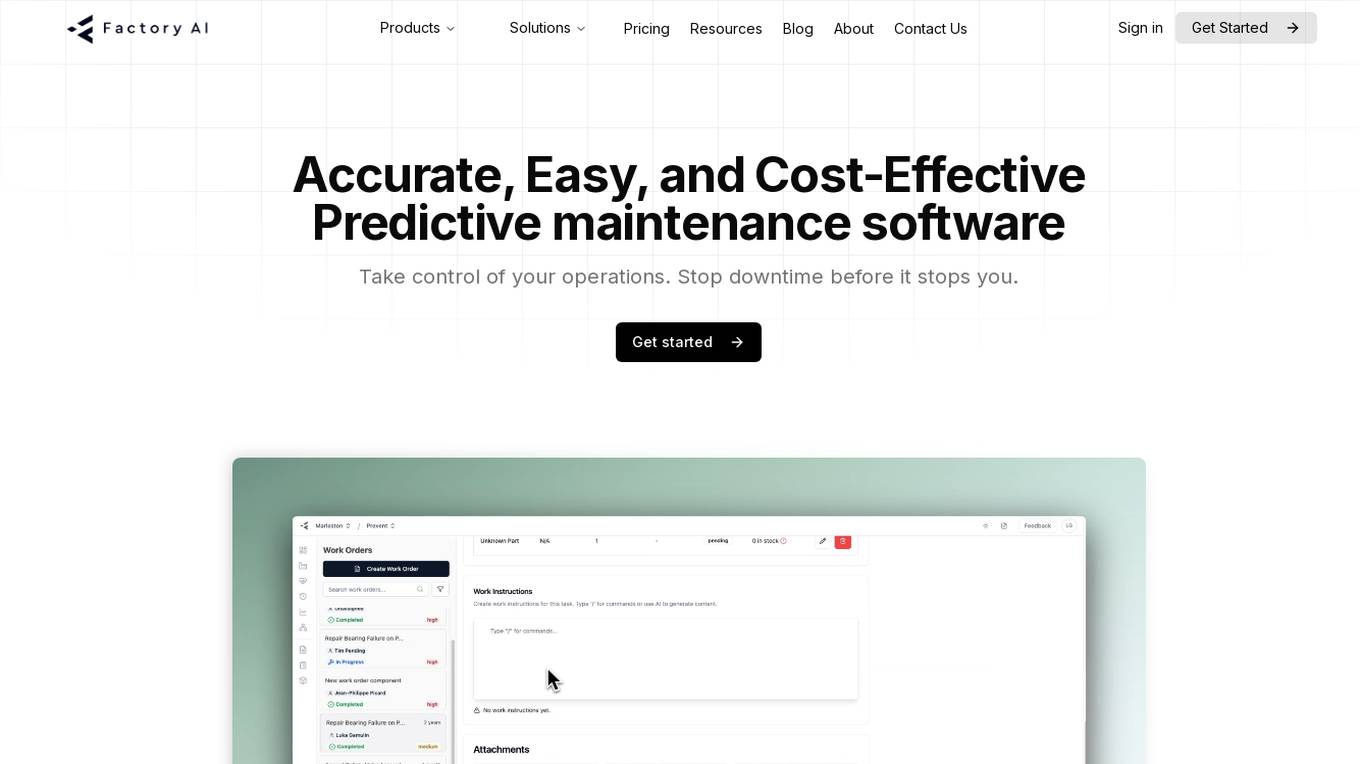
Factory AI
Factory AI is a predictive maintenance and AI-powered CMMS software application that helps businesses take control of their operations by providing accurate, easy, and cost-effective solutions. The platform enables users to analyze, diagnose, and improve asset availability by leveraging advanced machine learning techniques. With features such as anomaly detection, in-depth monitoring, and predictive maintenance, Factory AI empowers teams to proactively tackle asset issues and prevent unplanned downtime. The application is designed to streamline maintenance operations, generate work orders, manage assets, and optimize maintenance schedules for various industries.
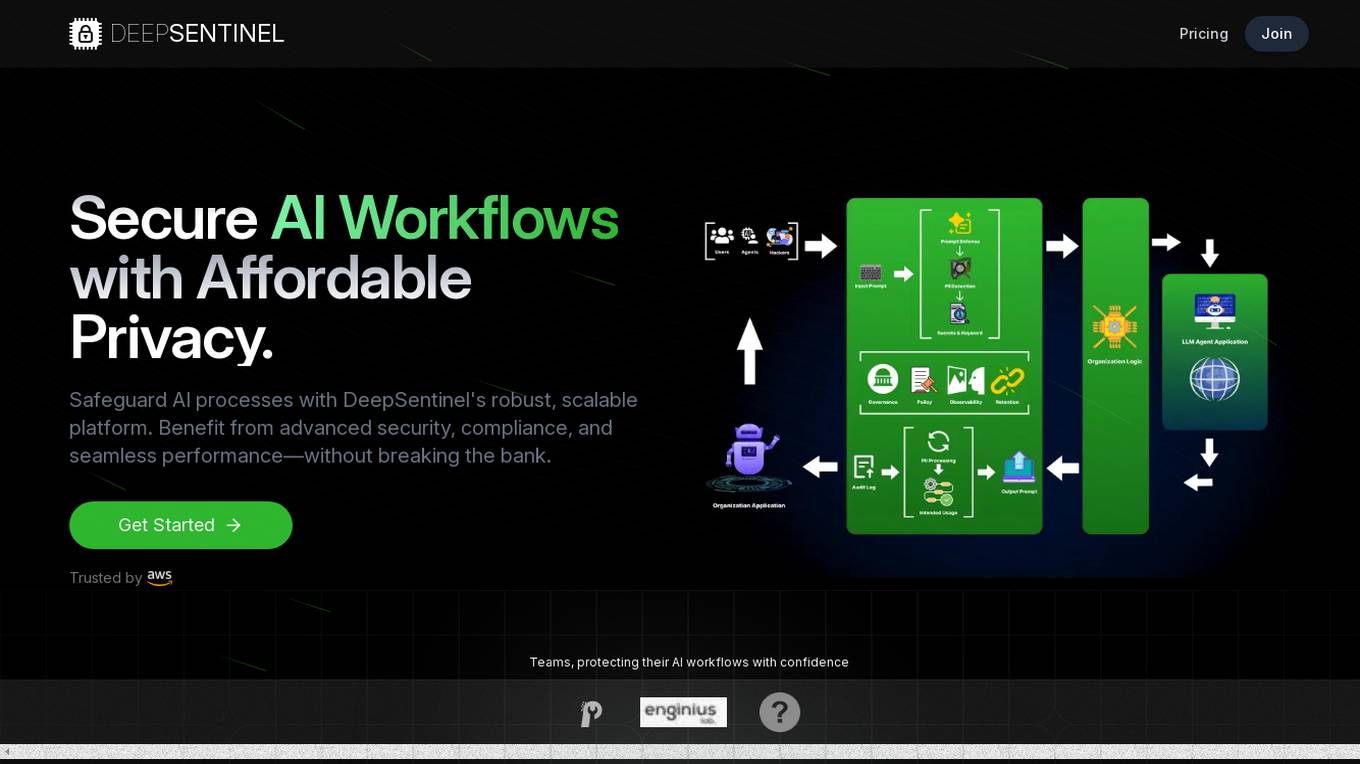
DeepSentinel
DeepSentinel is an AI application that provides secure AI workflows with affordable deep data privacy. It offers a robust, scalable platform for safeguarding AI processes with advanced security, compliance, and seamless performance. The platform allows users to track, protect, and control their AI workflows, ensuring secure and efficient operations. DeepSentinel also provides real-time threat monitoring, granular control, and global trust for securing sensitive data and ensuring compliance with international regulations.

Viso Suite
Viso Suite is a no-code computer vision platform that enables users to build, deploy, and scale computer vision applications. It provides a comprehensive set of tools for data collection, annotation, model training, application development, and deployment. Viso Suite is trusted by leading Fortune Global companies and has been used to develop a wide range of computer vision applications, including object detection, image classification, facial recognition, and anomaly detection.
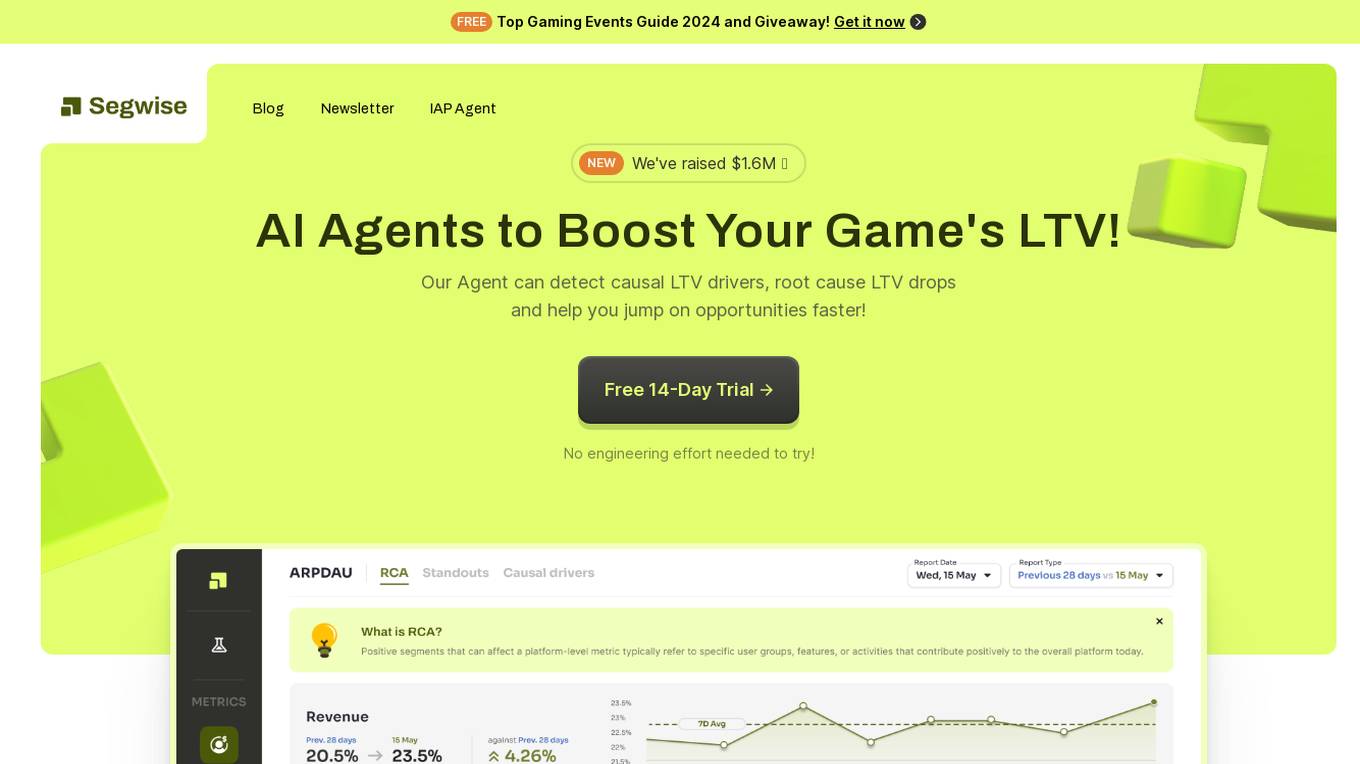
Segwise
Segwise is an AI tool designed to help game developers increase their game's Lifetime Value (LTV) by providing insights into player behavior and metrics. The tool uses AI agents to detect causal LTV drivers, root causes of LTV drops, and opportunities for growth. Segwise offers features such as running causal inference models on player data, hyper-segmenting player data, and providing instant answers to questions about LTV metrics. It also promises seamless integrations with gaming data sources and warehouses, ensuring data ownership and transparent pricing. The tool aims to simplify the process of improving LTV for game developers.
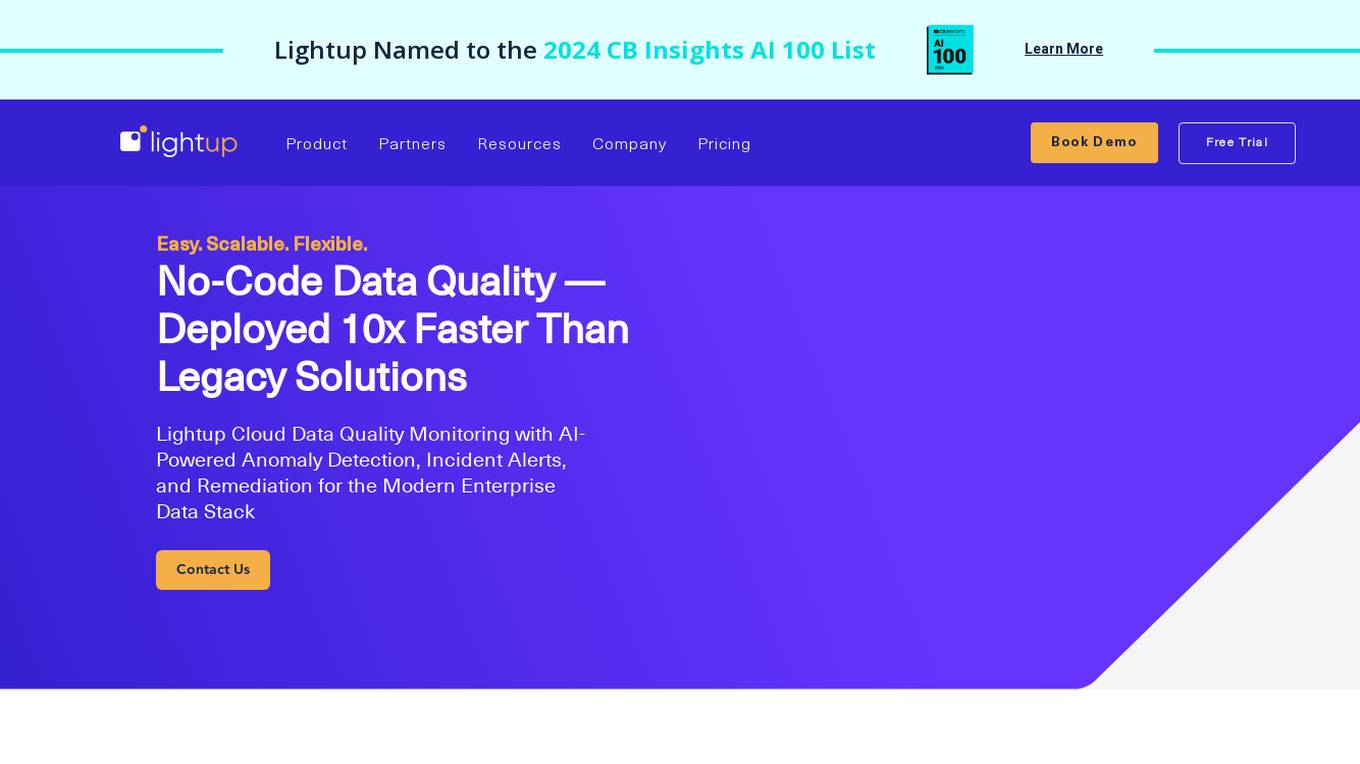
Lightup
Lightup is a cloud data quality monitoring tool with AI-powered anomaly detection, incident alerts, and data remediation capabilities for modern enterprise data stacks. It specializes in helping large organizations implement successful and sustainable data quality programs quickly and easily. Lightup's pushdown architecture allows for monitoring data content at massive scale without moving or copying data, providing extreme scalability and optimal automation. The tool empowers business users with democratized data quality checks and enables automatic fixing of bad data at enterprise scale.
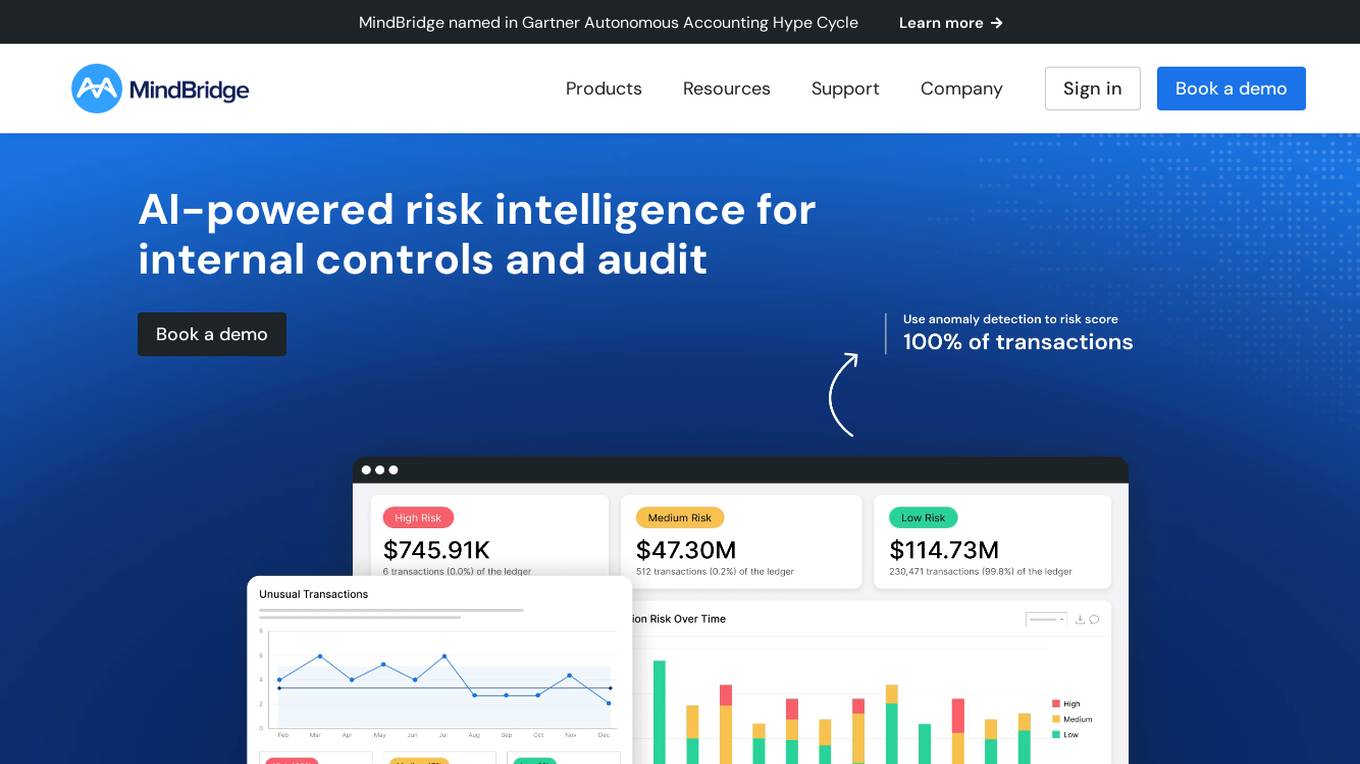
MindBridge
MindBridge is a global leader in financial risk discovery and anomaly detection. The MindBridge AI Platform drives insights and assesses risks across critical business operations. It offers various products like General Ledger Analysis, Company Card Risk Analytics, Payroll Risk Analytics, Revenue Risk Analytics, and Vendor Invoice Risk Analytics. With over 250 unique machine learning control points, statistical methods, and traditional rules, MindBridge is deployed to over 27,000 accounting, finance, and audit professionals globally.
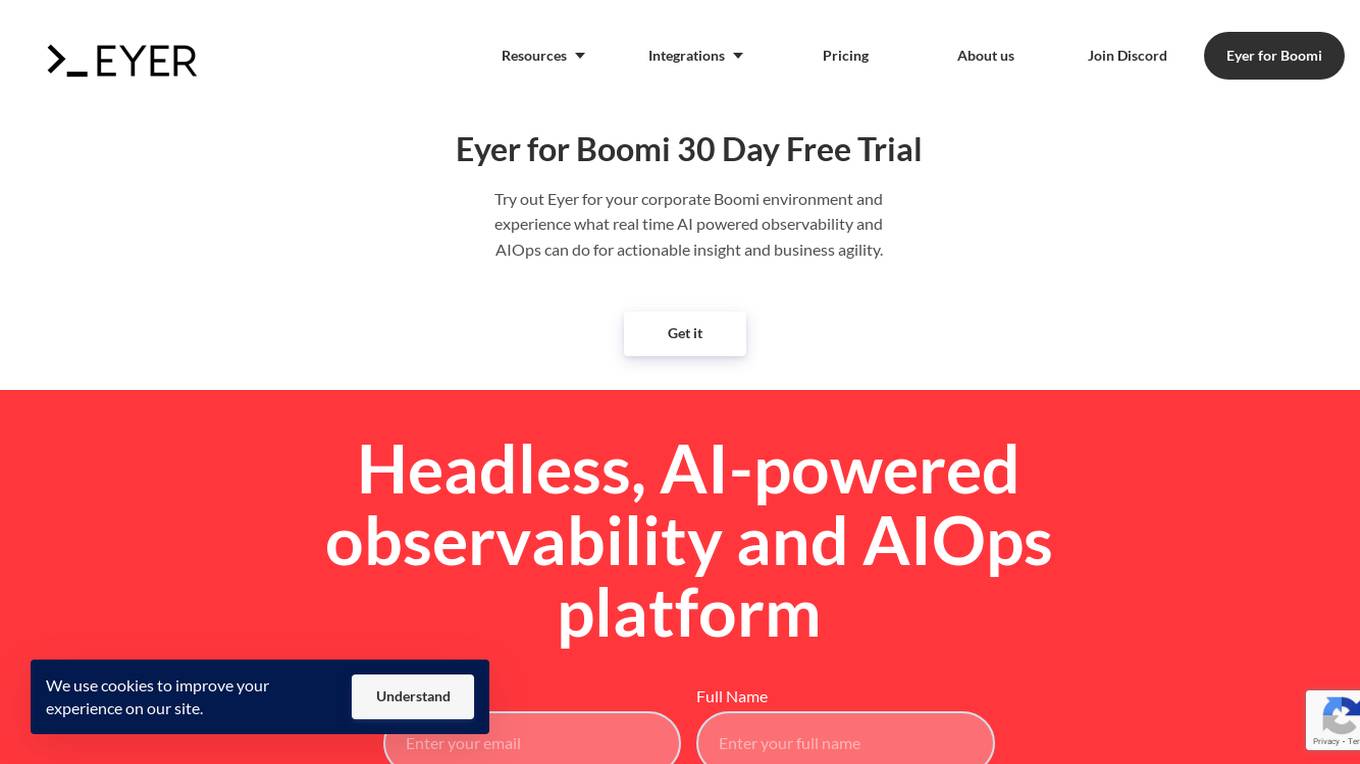
Eyer
Eyer is a headless AIOps platform that offers automated observability and actionable insights through AI-powered anomaly detection. It allows users to integrate with various systems using Open APIs and provides fast time-to-value by automating manual tasks and improving IT operation efficiency. Eyer supports integrations with tools like Boomi, Grafana, BizTalk, and Influx Telegraf, enabling users to monitor and manage their systems effectively.

Kumo
Kumo is an AI-powered platform that helps businesses personalize customer experiences, acquire new customers, understand customer behavior, improve planning and monitoring, resolve data inconsistencies, fight fraud and abuse, detect money laundering, and empower data scientists with advanced techniques. It offers cutting-edge solutions for various AI and machine learning tasks, such as predictive modeling, anomaly detection, entity resolution, and graph embeddings. Kumo's capabilities are designed to enhance customer interactions, optimize marketing campaigns, and provide valuable insights for businesses across different industries.
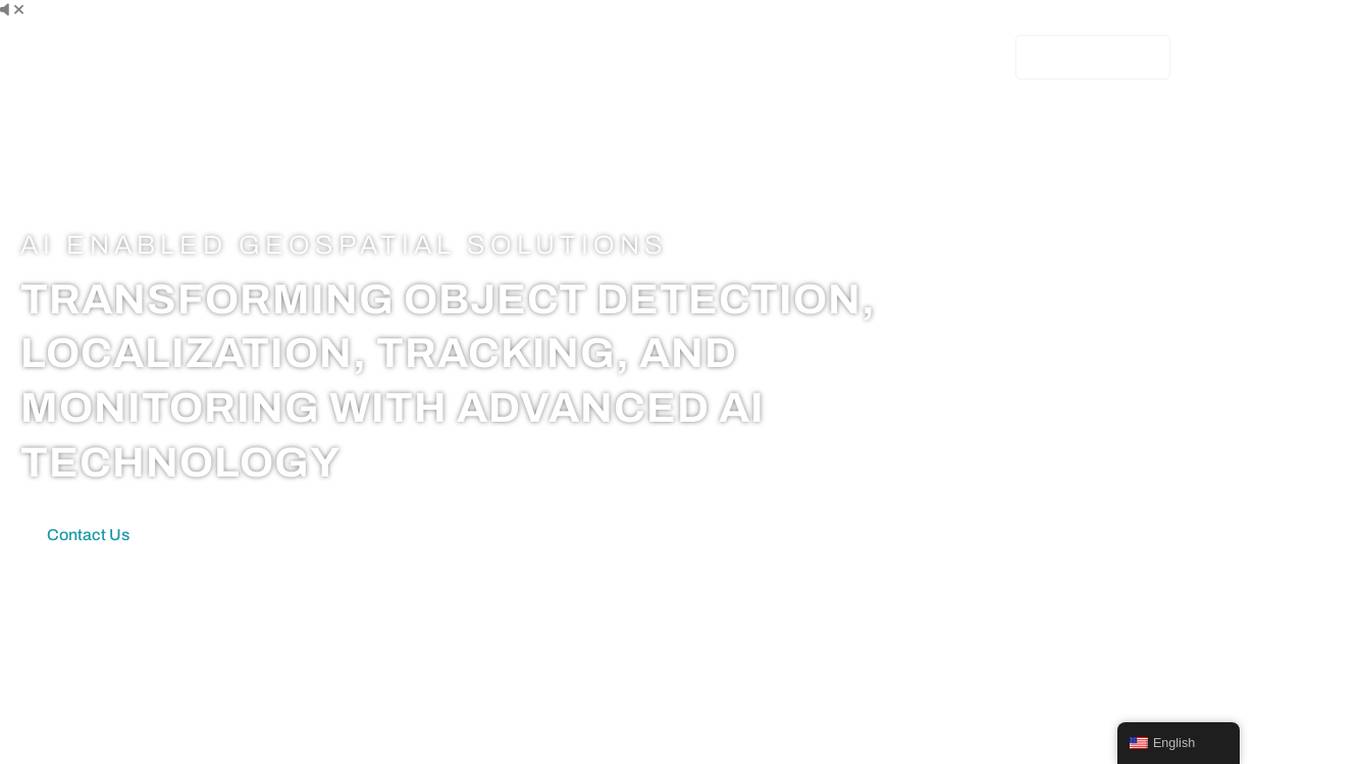
FlyPix
FlyPix is an AI-enabled geospatial solutions platform that leverages advanced AI technology to transform object detection, localization, tracking, and monitoring in the field of geospatial technology. The platform offers a wide range of capabilities, including AI-driven object analysis, change and anomaly detection, dynamic tracking, and custom use cases tailored to meet unique industry needs. FlyPix aims to provide unparalleled precision and efficiency in operations by converting complex imagery into actionable, geo-referenced insights.
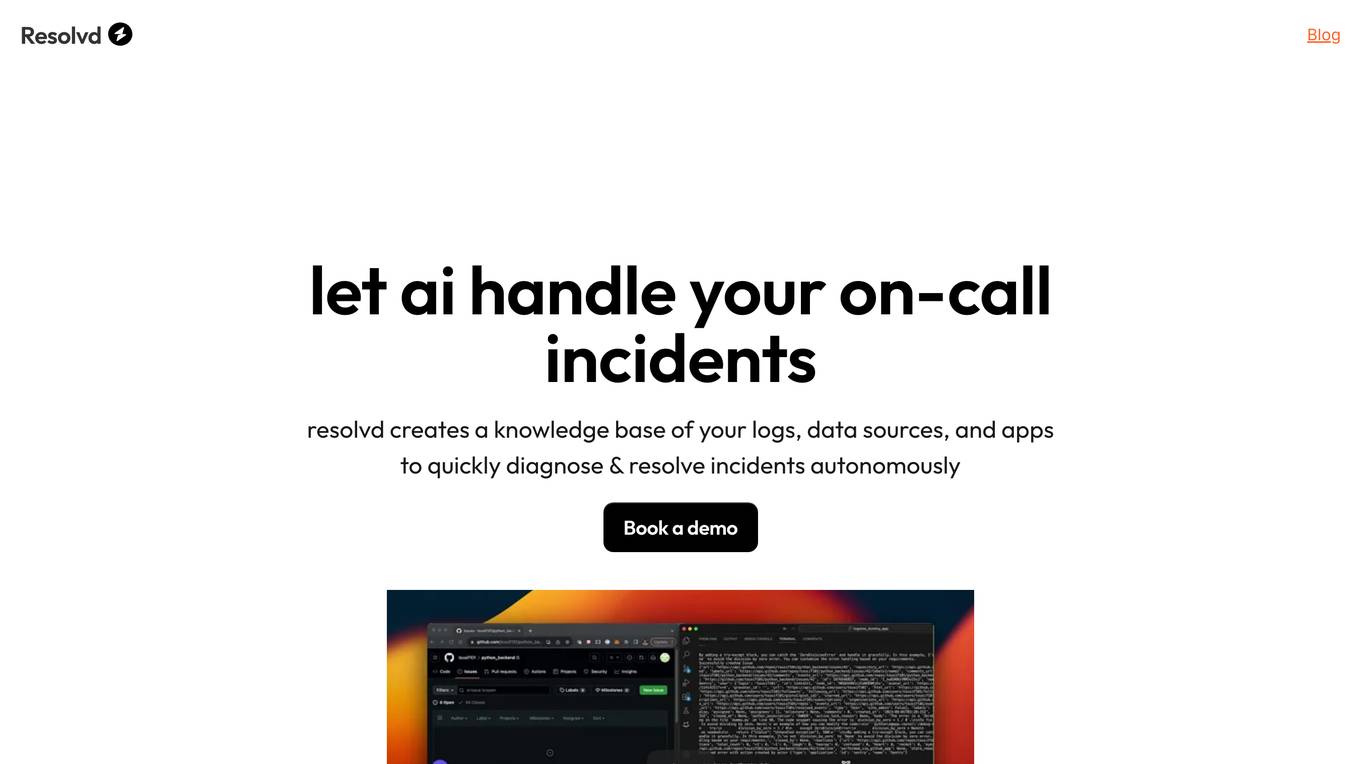
Resolvd
Resolvd is an AI-powered incident resolution platform that creates a knowledge base of logs, data sources, and applications to autonomously diagnose and resolve incidents. It helps cut time to response by 50%, return hours to developers, simplify data querying, and provide automated anomaly detection. Resolvd uses AI/ML models to analyze logs, aggregate critical context, and deliver insights in workflow, seamlessly integrating with existing systems like Slack, Jira, and PagerDuty.
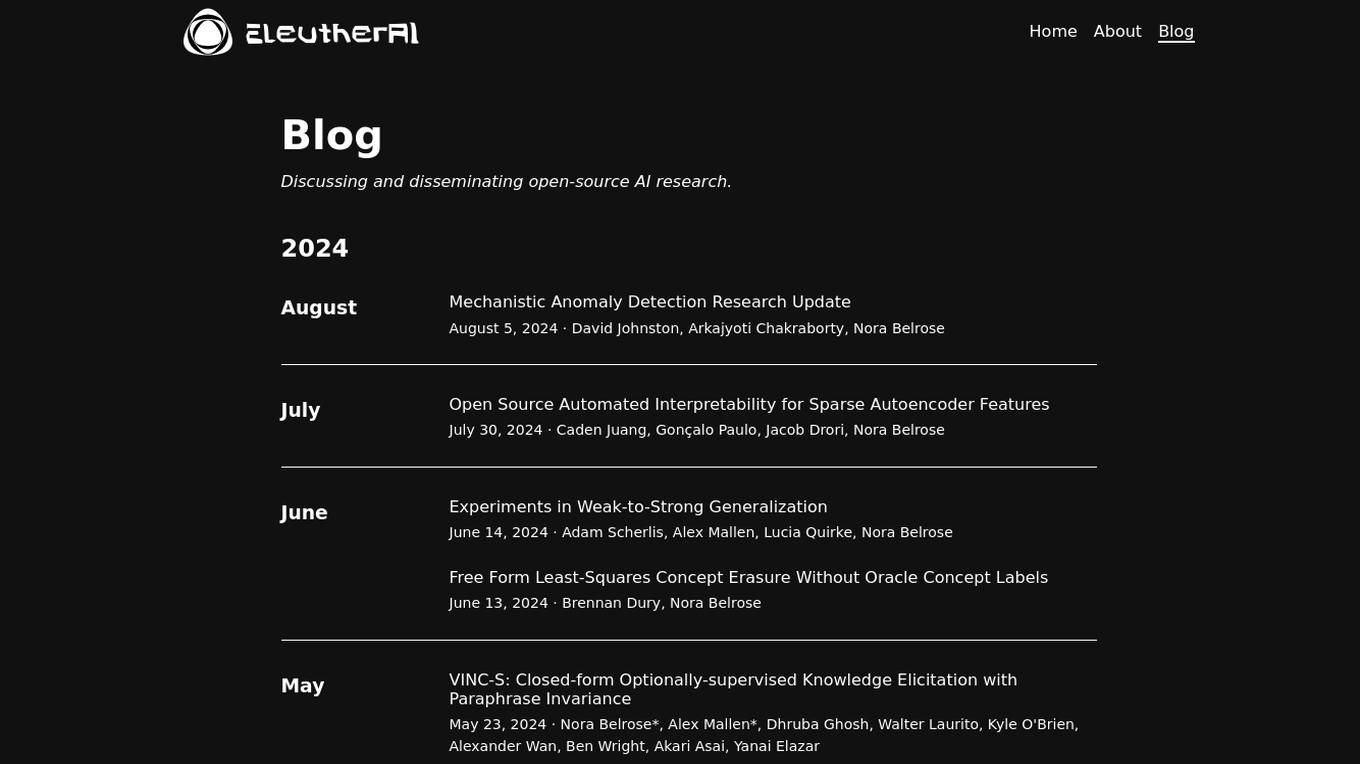
EleutherAI
EleutherAI is an open-source AI research platform that focuses on discussing and disseminating cutting-edge research in the field of artificial intelligence. The platform provides updates on various research projects, including Mechanistic Anomaly Detection, Automated Interpretability for Sparse Autoencoder Features, Experiments in Generalization, Concept Erasure, Knowledge Elicitation, and more. EleutherAI aims to foster collaboration and innovation in the AI community by sharing insights and advancements in the field.
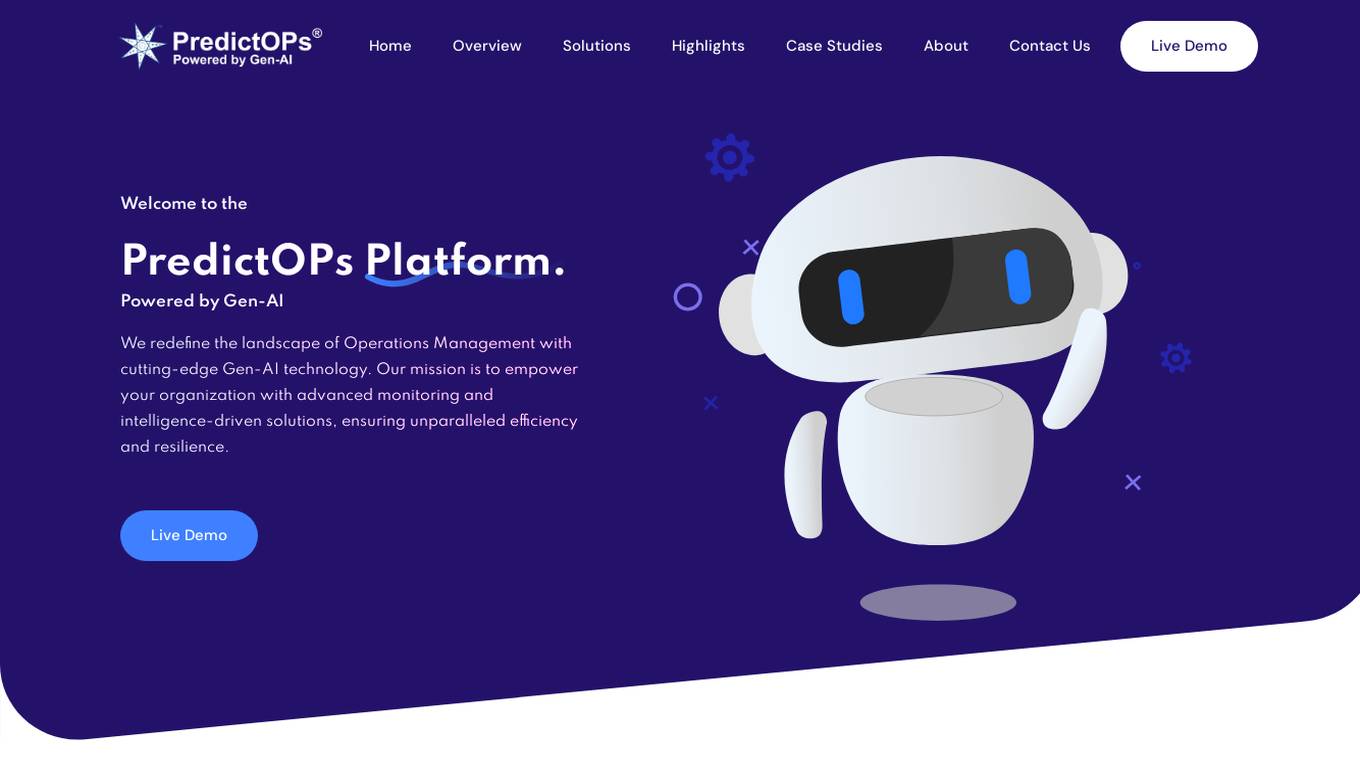
PredictOPs
PredictOPs is an advanced AIOps platform powered by Gen-AI technology, redefining Operations Management with cutting-edge solutions. The platform offers real-time monitoring, actionable insights, alert correlation, microservice management, anomaly detection, and infrastructure log behavior analysis. It leverages adaptive algorithms and early warning systems to provide proactive solutions for failure rate analysis and trend identification. PredictOPs is scalable, reliable, and integrates Gen-AI for cognitive insights beyond traditional AIOps capabilities.
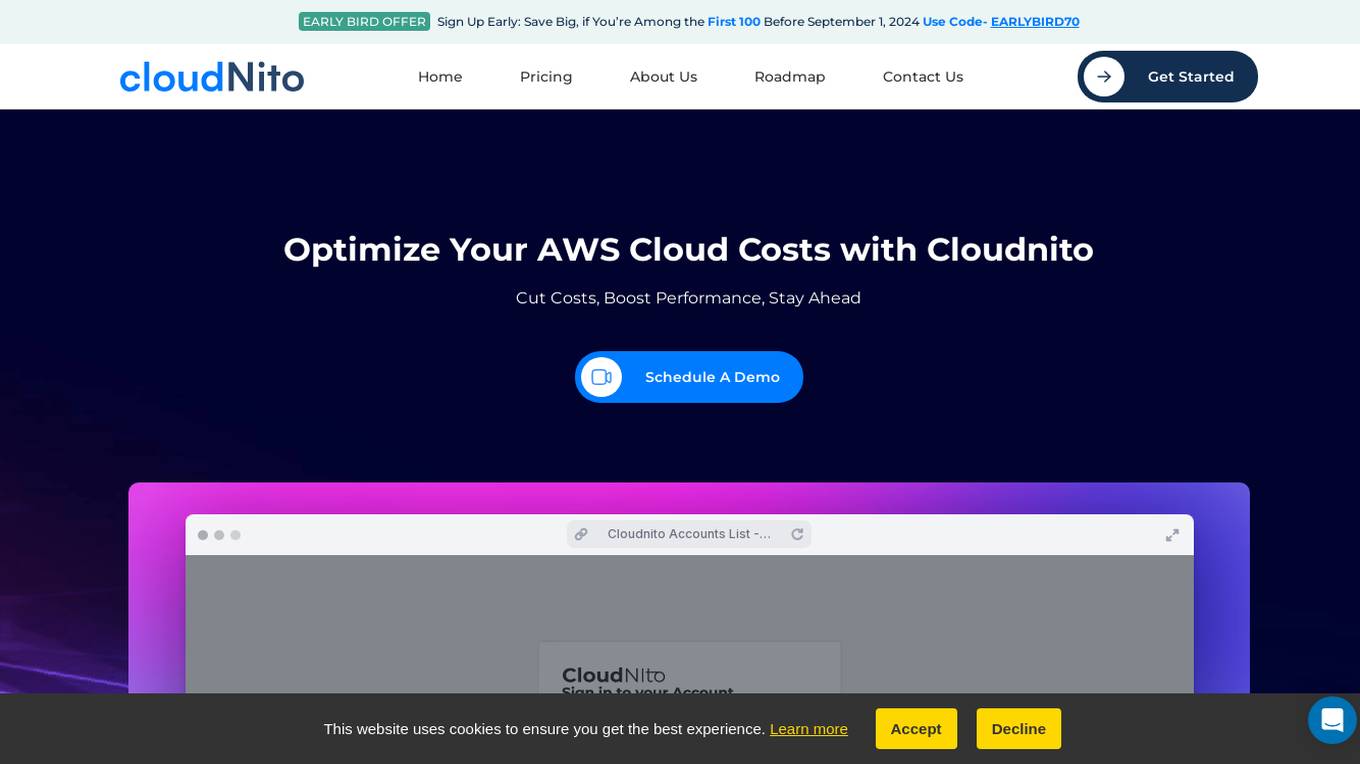
cloudNito
cloudNito is an AI-driven platform that specializes in cloud cost optimization and management for businesses using AWS services. The platform offers automated cost optimization, comprehensive insights and analytics, unified cloud management, anomaly detection, cost and usage explorer, recommendations for waste reduction, and resource optimization. By leveraging advanced AI solutions, cloudNito aims to help businesses efficiently manage their AWS cloud resources, reduce costs, and enhance performance.

Abnormal
Abnormal is an AI-powered platform that leverages superhuman understanding of human behavior to protect against email attacks such as phishing, social engineering, and account takeovers. The platform offers unified protection across email and cloud applications, behavioral anomaly detection, account compromise detection, data security, and autonomous AI agents for security operations. Abnormal is recognized as a leader in email security and AI-native security, trusted by over 3,000 customers, including 20% of the Fortune 500. The platform aims to autonomously protect humans, reduce risks, save costs, accelerate AI adoption, and provide industry-leading security solutions.
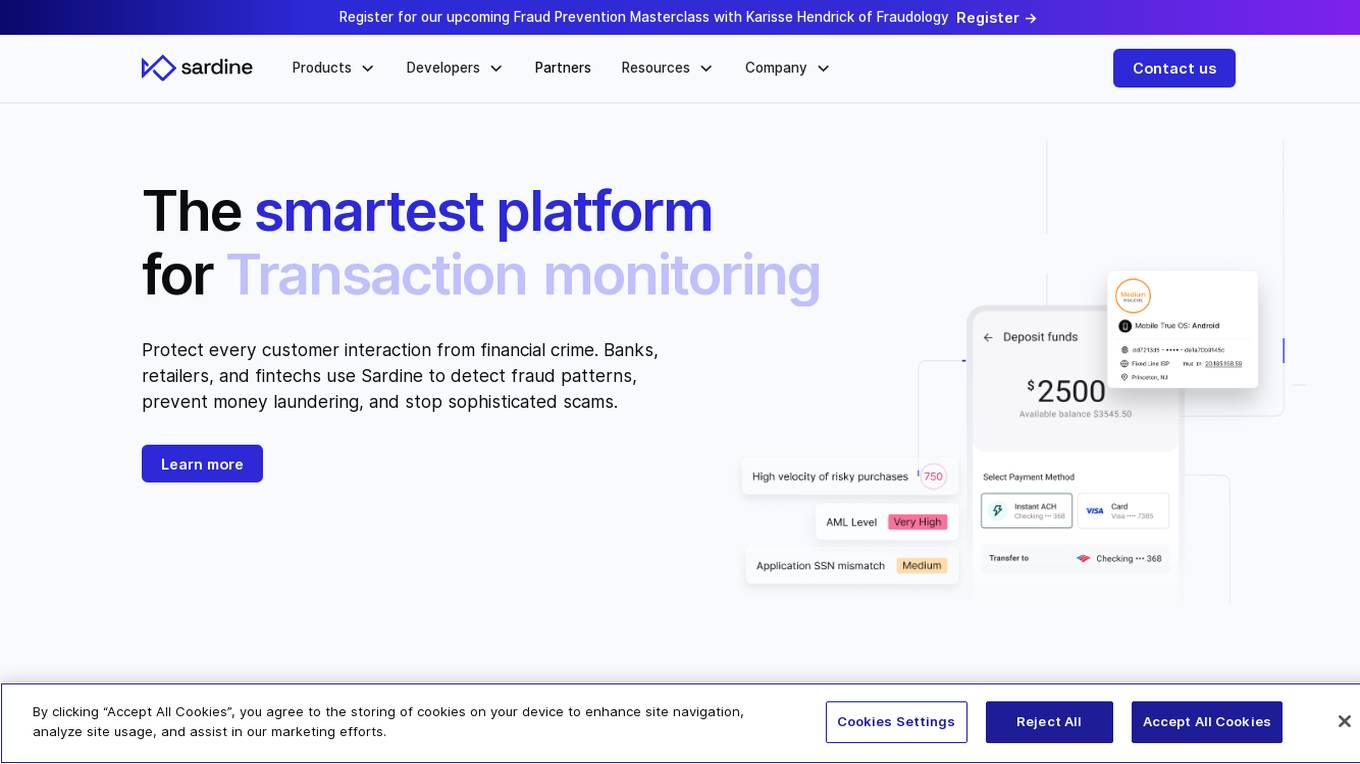
Sardine
Sardine is an AI-powered platform for fraud prevention and compliance. It offers a comprehensive suite of products to help banks, retailers, and fintechs detect fraud patterns, prevent money laundering, and stop sophisticated scams. Sardine combines deep device intelligence, behavior biometrics, and identity signals to provide a precise risk score for every customer interaction. The platform also features machine learning models, a rules engine, network graph analysis, anomaly detection, and generative AI capabilities to fight modern threats. Sardine helps reduce fraud rates, decrease false positives, and streamline risk operations with its fully integrated solutions.
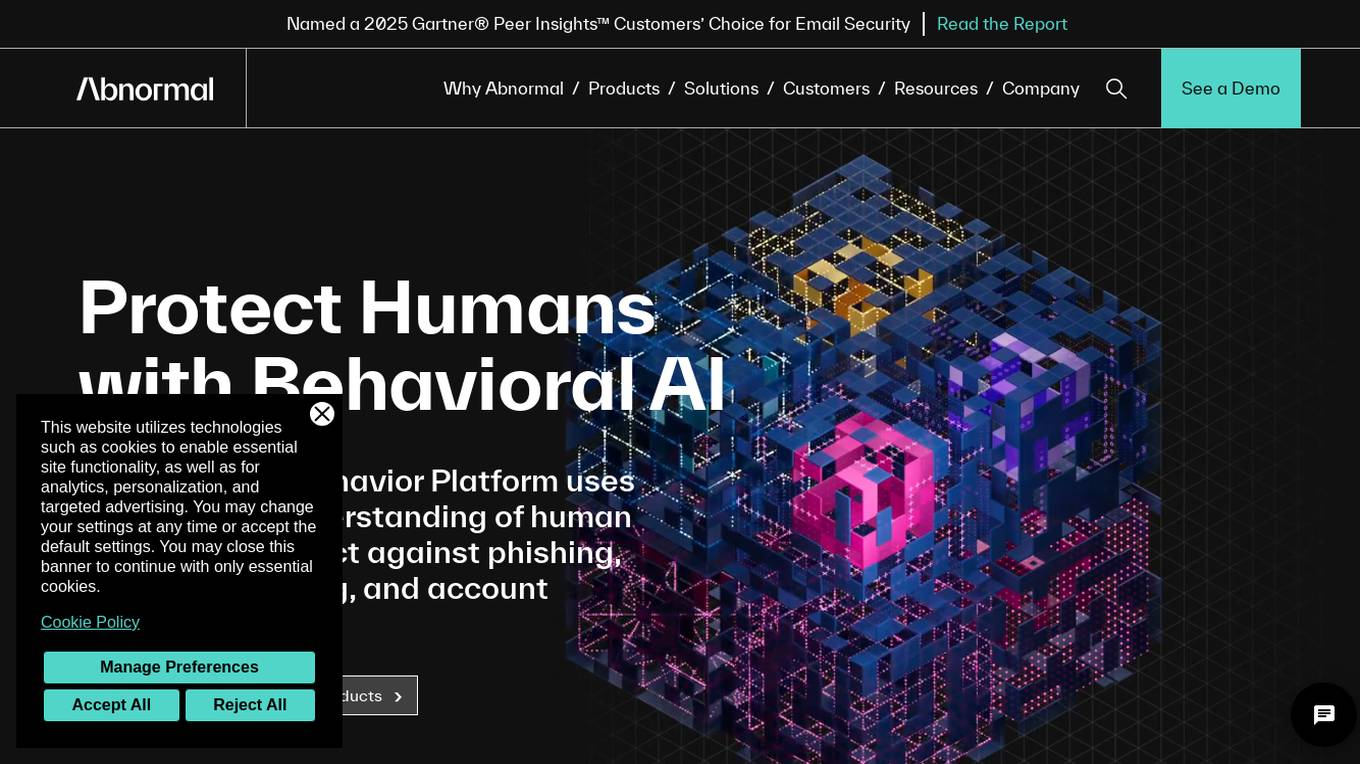
Abnormal Security
Abnormal Security is an AI-powered platform that leverages superhuman understanding of human behavior to protect against email threats such as phishing, social engineering, and account takeovers. The platform is trusted by over 3,000 customers, including 25% of the Fortune 500 companies. Abnormal Security offers a comprehensive cloud email security solution, behavioral anomaly detection, SaaS security, and autonomous AI security agents to provide multi-layered protection against advanced email attacks. The platform is recognized as a leader in email security and AI-native security, delivering unmatched protection and reducing the risk of phishing attacks by 90%.

True Anomaly
True Anomaly is a technology company focused on redefining space security by developing hardware and software solutions at the intersection of spacecraft, software, and AI. The company aims to enhance the capabilities of the U.S., its allies, and commercial partners to safeguard global security and ensure space access and sustainability for all. True Anomaly offers a holistic platform powered by a common operating system for end-to-end development of applications and services for space-based missions.
2 - Open Source AI Tools
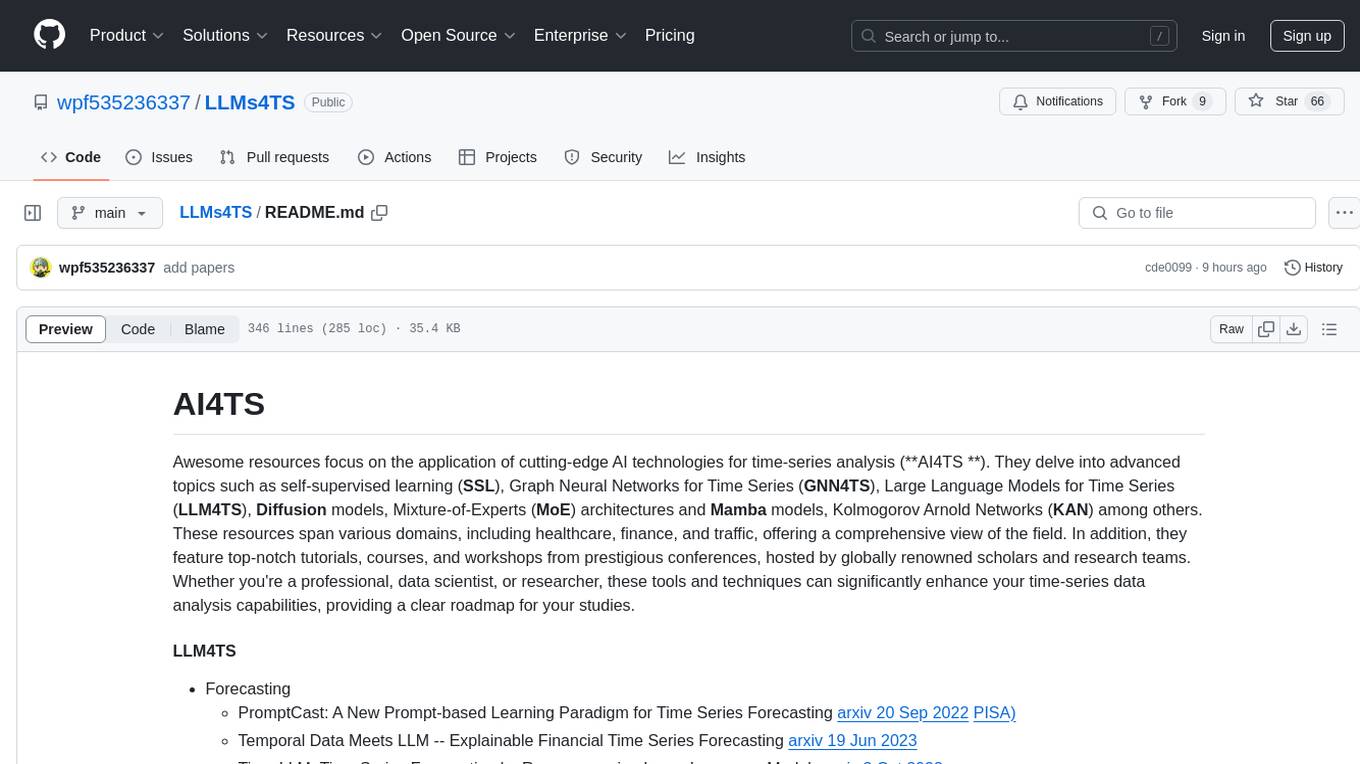
LLMs4TS
LLMs4TS is a repository focused on the application of cutting-edge AI technologies for time-series analysis. It covers advanced topics such as self-supervised learning, Graph Neural Networks for Time Series, Large Language Models for Time Series, Diffusion models, Mixture-of-Experts architectures, and Mamba models. The resources in this repository span various domains like healthcare, finance, and traffic, offering tutorials, courses, and workshops from prestigious conferences. Whether you're a professional, data scientist, or researcher, the tools and techniques in this repository can enhance your time-series data analysis capabilities.

deeppowers
Deeppowers is a powerful Python library for deep learning applications. It provides a wide range of tools and utilities to simplify the process of building and training deep neural networks. With Deeppowers, users can easily create complex neural network architectures, perform efficient training and optimization, and deploy models for various tasks. The library is designed to be user-friendly and flexible, making it suitable for both beginners and experienced deep learning practitioners.
2 - OpenAI Gpts
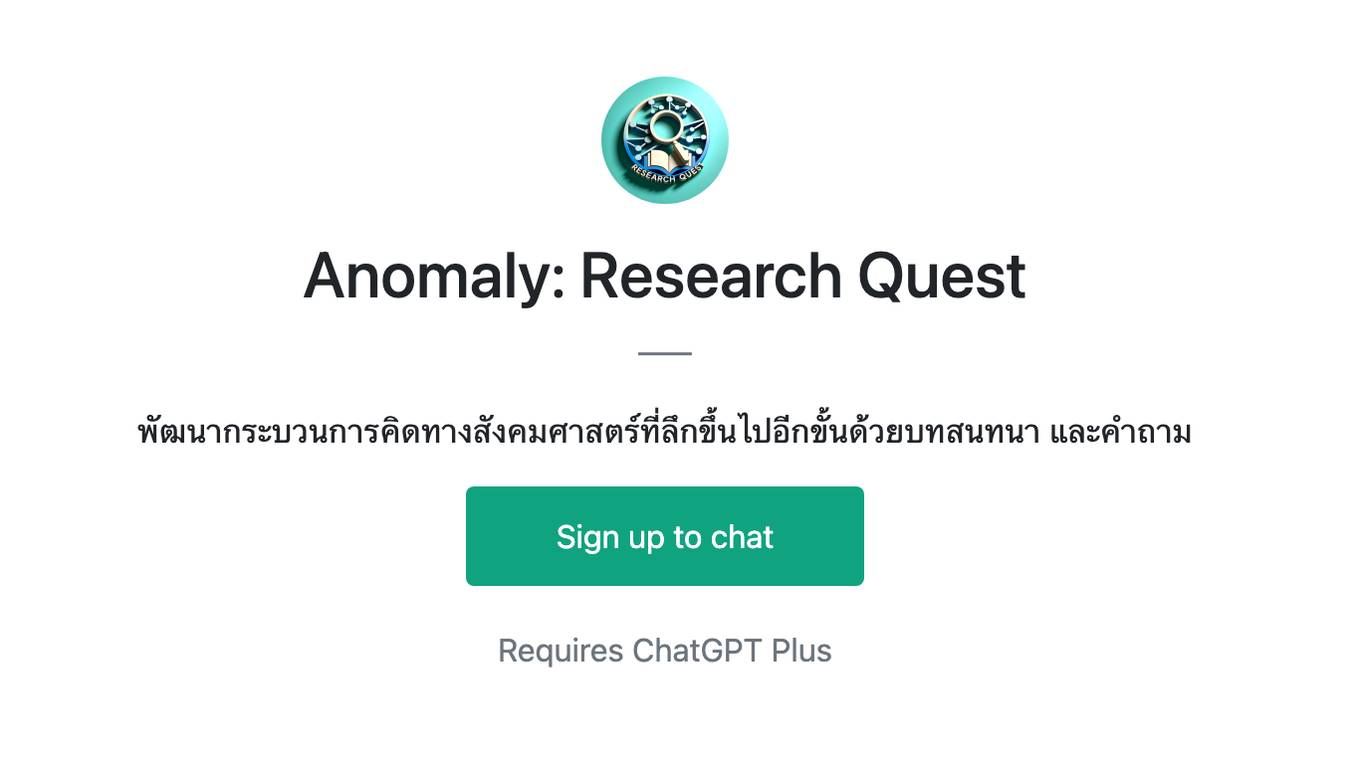
Anomaly: Research Quest
พัฒนากระบวนการคิดทางสังคมศาสตร์ที่ลึกขึ้นไปอีกขั้นด้วยบทสนทนา และคำถาม
